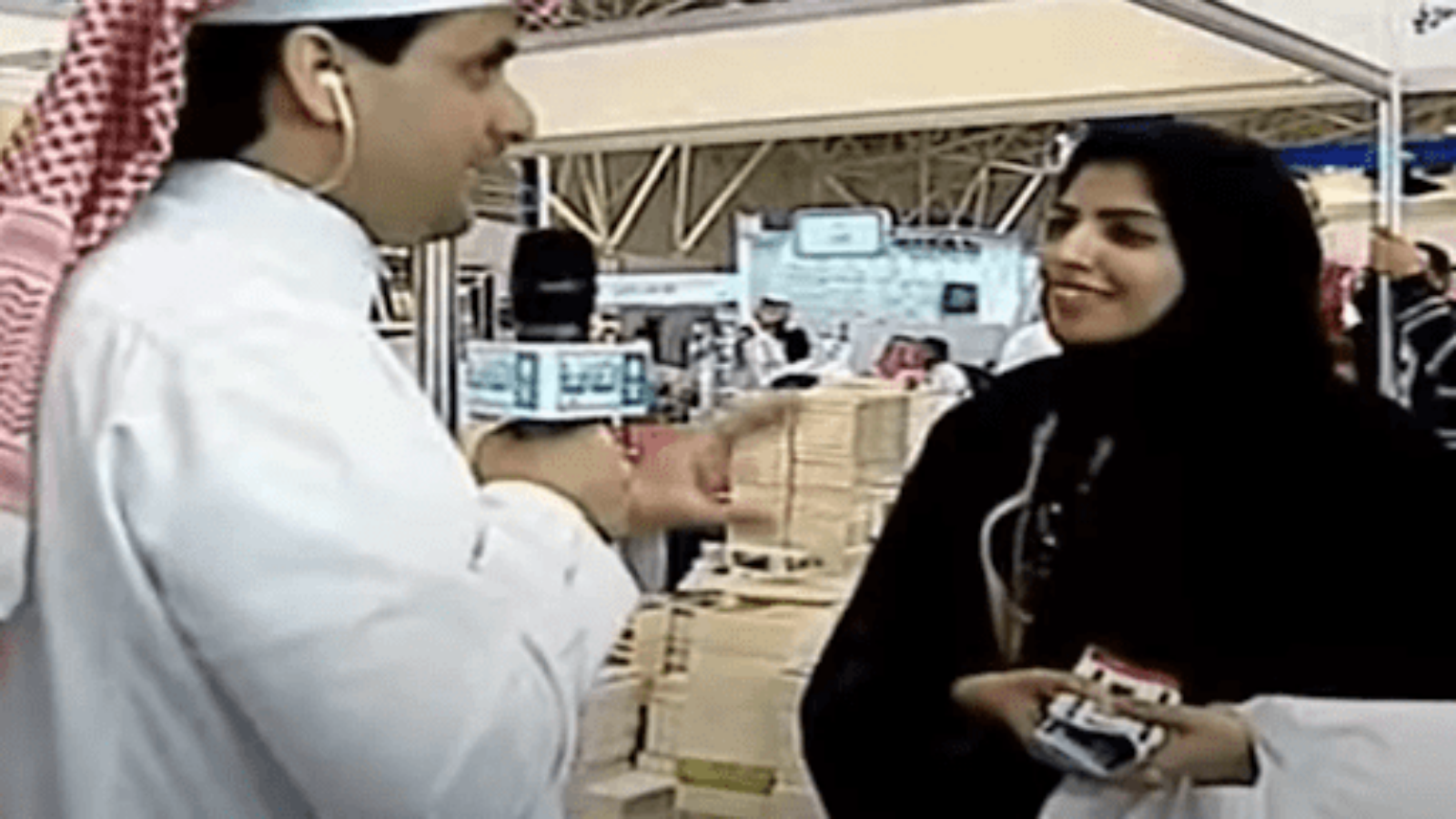Salma al-Shehab, a Saudi citizen studying at Leeds University in England, has been sentenced to 34 years in prison after following and retweeting human rights activists who criticized the Saudi government. Crown Prince Mohammed bin Salman has overseen a crackdown on dissent for the last five years and has chosen to make the mother of two an example. Thirty-four years is the longest prison sentence ever given to a peaceful activist in Saudi Arabia.
BBC NEWS: Salma al-Shehab: Concern for Saudi student jailed for 34 years over tweets
David Gritten; August 18, 2022
Leeds University has expressed deep concern for one of its PhD students who has been jailed for 34 years in Saudi Arabia over critical tweets.
Salma al-Shehab, 34, a Saudi citizen and mother of two, was arrested in 2021 while on holiday in the kingdom.
Before the trip she had called for reforms and the release of activists.
Human rights groups said the harsh sentence gave the lie to Saudi claims it was improving women’s rights and showed the situation was getting worse.
A terrorism tribunal convicted Shebab of aiding dissidents seeking to “disrupt public order” and publishing “false rumours”, they said.
They warned that it was “the longest prison sentence ever for a peaceful activist” in the Gulf state, where Crown Prince Mohammed bin Salman has overseen a crackdown on dissent for five years.
Shehab, a member of Sunni Muslim-ruled Saudi Arabia’s Shia minority, describes herself on her Instagram account as a dental hygienist and medical educator. In addition to being in the final year of her PhD studies at Leeds University’s School of Medicine, she says she is a lecturer at the Princess Nourah University in Riyadh.
Her Twitter account, which has 2,700 followers, has not been updated since 12 January 2021, three days before she was reportedly detained in Saudi Arabia.
At the end of the previous month, she tweeted or retweeted several messages calling for reforms in Saudi Arabia and the release of prominent activists, clerics and other intellectuals.
One post praised as “prisoners of conscience” a group of leading women’s rights activists, including Loujain al-Hathloul, who were detained just before a ban on women driving was lifted in 2018 and were later convicted crimes against the state. Ms Hathloul was released on probation a month after Shehab’s arrest but is subject to a travel ban and other restrictions.
US-based human rights group The Freedom House and UK-based group ALQST reported that Shehab was initially given a six-year prison sentence after being found guilty of violating the country’s counter-terrorism and anti-cybercrime laws late last year.
On 9 August, an appeals court increased her term to 34 years and added a 34-year travel ban that would start following her release, they said, citing court documents.
Bethany Al-Haidari, the Saudi case manager at the Freedom Initiative, described the sentence as “abhorrent”.
“Saudi Arabia is boasting to the world that they are improving women’s rights and implementing legal reforms. But there is no question with this sentence that the situation is just getting worse,” she told the BBC’s Newshour programme on Saturday.
“We also have gotten reports that there are hundreds of young women who were detained around the same time as Salma was.”
ALQST’s head of communications Lina al-Hathloul, Loujain al-Hathloul’s sister, said the sentence showed Saudi authorities remained “hellbent on harshly punishing anyone who expresses their opinions freely”.
“The release of Loujain al-Hathloul and other women’s rights activists came about in response to sustained international pressure. However, as the spotlight on Saudi Arabia has gradually faded, the authorities have reverted to their habitual pattern of repression,” she told the BBC.
The escalation was “connected to the growing rehabilitation” of Crown Prince Mohammed, Saudi Arabia’s de facto ruler, she added.
A month ago US President Joe Biden met the prince in Jeddah, despite having pledged to make Saudi Arabia a “pariah” over its human rights record.
A Leeds University spokesperson said: “We are deeply concerned to learn of this recent development in Salma’s case and we are seeking advice on whether there is anything we can do to support her.
“Our thoughts remain with Salma, her family, and her friends among our close-knit community of postgraduate researchers.”
A US state department spokesman said it was studying Shehab’s case and that “exercising freedom of expression to advocate for the rights of women should not be criminalised”.
The Saudi government has so far not commented on the reports.
Photo: Al Thaqafia
